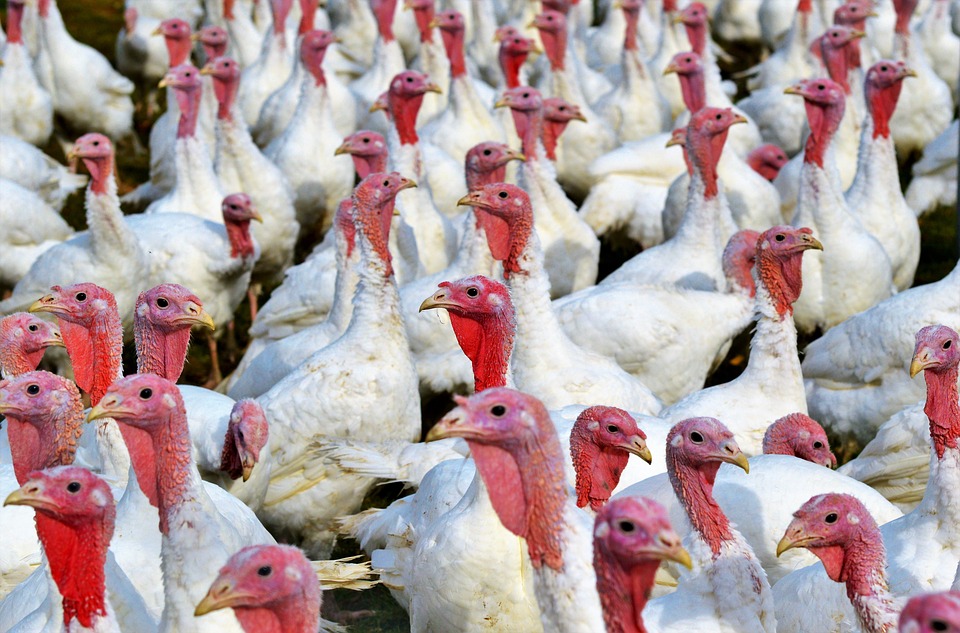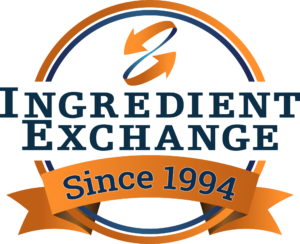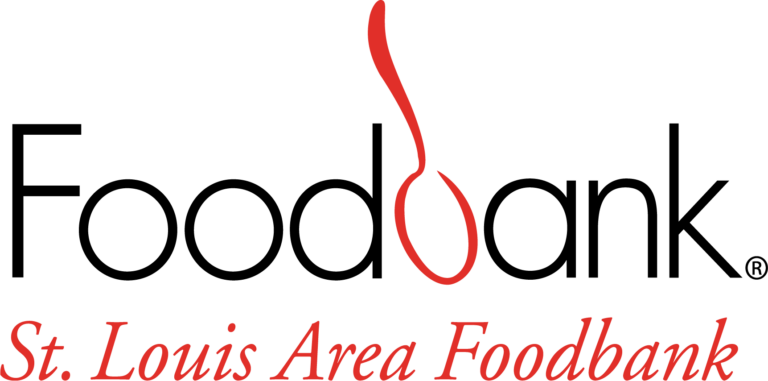Blockchain, the technology more at home in Silicon Valley, is finding its way into the food industry. And with food giants like Walmart piloting the technology, it may become an industry norm.
In fact, it has the potential to change how the food industry communicates–at many levels.
What is blockchain anyway?
Blockchain can be tricky to describe — a little like cloud computing and IoT. And its close connection to Bitcoin makes it even more mysterious.
A good place to start is with IBM, a key player in bringing blockchain to businesses. The tech giant describes blockchain as “a shared ledger for recording the history of transactions – that cannot be altered.”
These transactions form a chain of information (“blocks”). This gives participants in the blockchain a complete picture of, say, a shipment of pork headed to the States from China.
For the food industry, from sourcing ingredients to manufacturing a product, blockchain creates an uncluttered and fixed trail of key information.
Which consumers like…
Consumers want to know more about their food — its journey from farm to table. And this demand requires more transparency at every level of food production.
Enter blockchain. During food production, participants add to and approve supply chain activities. This creates a ledger, or story, that consumers can access when considering their food choices.
For example, the global food resource company Cargill is piloting a blockchain-based solution with turkey producer Honeysuckle White®. The technology will allow consumers to access information about a turkey via text or an on-package code.
So, in terms of the food industry, as the technology expands, participants on the ledger may include the turkey farm’s corn and soybean suppliers. In effect, they will become part of the “conversation.”
Food fraud prevention
And because the blockchain technology requires all participants to agree upon any addition to the ledger, this reduces the risk of food fraud…
Global food supplies often travel great distances and across multiple borders. And that means food origins become more discrete and difficult to monitor. It also leaves the food vulnerable to food fraud.
That means, for a food manufacturer sourcing imported goods, with access to the blockchain ledger, they’ll have a concise picture of the food’s journey.
FDA compliance
As the U.S. continues to import some 15 percent of its food, new government regulations require secure and easy-to-access shipping records.
As part of FDA’s Food Safety and Modernization Act (FSMA), blockchain has the potential to change how shipping companies track and document their food products.
And for the food industry end user, that provides a concise and compliant product story.
Time savings
It takes time to move food. Whether interstate by truck or internationally by ship, the food product must pass checkpoints and inspections.
And this causes delays, costing time and money.
But if a label scan can reveal in seconds the complete history of the shipment, the food product will reach its destination with greater efficiency.
And for the food industry company counting on accurate and expedient shipments, the blockchain ledger will create an instant and clear line of communication about the product.
Inevitable change
Blockchain in the food industry is still in its infancy. But by communicating every touch-point of a product’s journey, it has the potential to create greater transparency, safety and efficiency.
What are your thoughts on blockchain for the food industry? We’d love to hear your opinion in the comments or on your favorite social media platform (below).
At Ingredient Exchange, we can help you source or offload your ingredients. So, if you’d like to turn your problem ingredients into cash or access specific ingredients, please let us know here



